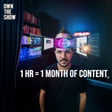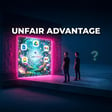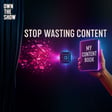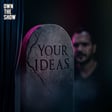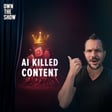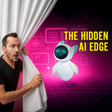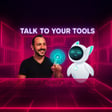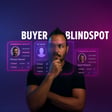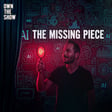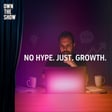
Cutting-Edge Podcasting: How AI is Changing the Game with w/Josh Nielsen
In this episode of the AI-Driven Marketer, Dan Sanchez sits down with Josh Nielsen, the entrepreneurial mind behind Zencastr, to dive deep into the revolution of content marketing strategies and the transformative role of AI in podcast production. They dissect the challenges and successes of repurposing long-form content across various platforms, explore groundbreaking tools that simplify podcasting from a daunting two-week setup to a brisk 90-minute creation process, and discuss Zencastr’s inception and its response to the podcasting industry’s resurgence. This episode is a treasure trove of insights for marketers eager to employ AI in enhancing audio quality, transcription accuracy, and overall content efficiency. Tune in to unravel how podcasting can evolve from a desire into a streamlined, accessible reality.
Timestamps:
00:00 Zencastr born from failed music collaboration platform.
04:32 Coding project started in 2014, faced challenges.
06:50 Zencast began in niche market, then boomed.
10:46 Experienced team member emphasizes importance of data.
15:22 Podcasting evolving, aims for simplicity and accessibility.
17:25 Focusing on tech to stay competitive and grow.
20:43 Create and share content efficiently with AI.
22:45 Producers set up, writers listen and edit.
28:28 Create multiple podcast episodes to engage customers.
32:15 Expanding podcast content, seeking to overcome barriers.
36:08 Valuable tool for interviewing with thoughtful questions.
37:07 AI potential in content creation and follow-ups.
42:03 Building relationships through meaningful conversations leads to success.
44:50 Friend made 10-hour sound machine, went viral.

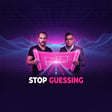
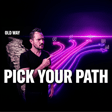
![What’s Your Authority Score? [The 5-Factor Test] image](https://media.zencastr.com/cdn-cgi/image/width=112,quality=85/image-files/630c9f06819f8b3dba5fa460/cfbaccba-f587-45de-a41f-e2c99c15e2a5.png)
![The Audience Growth Engine [Full Framework] image](https://media.zencastr.com/cdn-cgi/image/width=112,quality=85/image-files/630c9f06819f8b3dba5fa460/46b84fd1-e856-4687-9aee-6b4a7e0bc7ff.png)
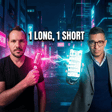
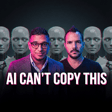
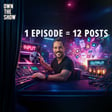
![The "Dream 100" Execution Plan [Google Sheet System] image](https://media.zencastr.com/cdn-cgi/image/width=112,quality=85/image-files/630c9f06819f8b3dba5fa460/fcd89374-76a4-4e58-a2e3-2bb7ddda4364.png)
